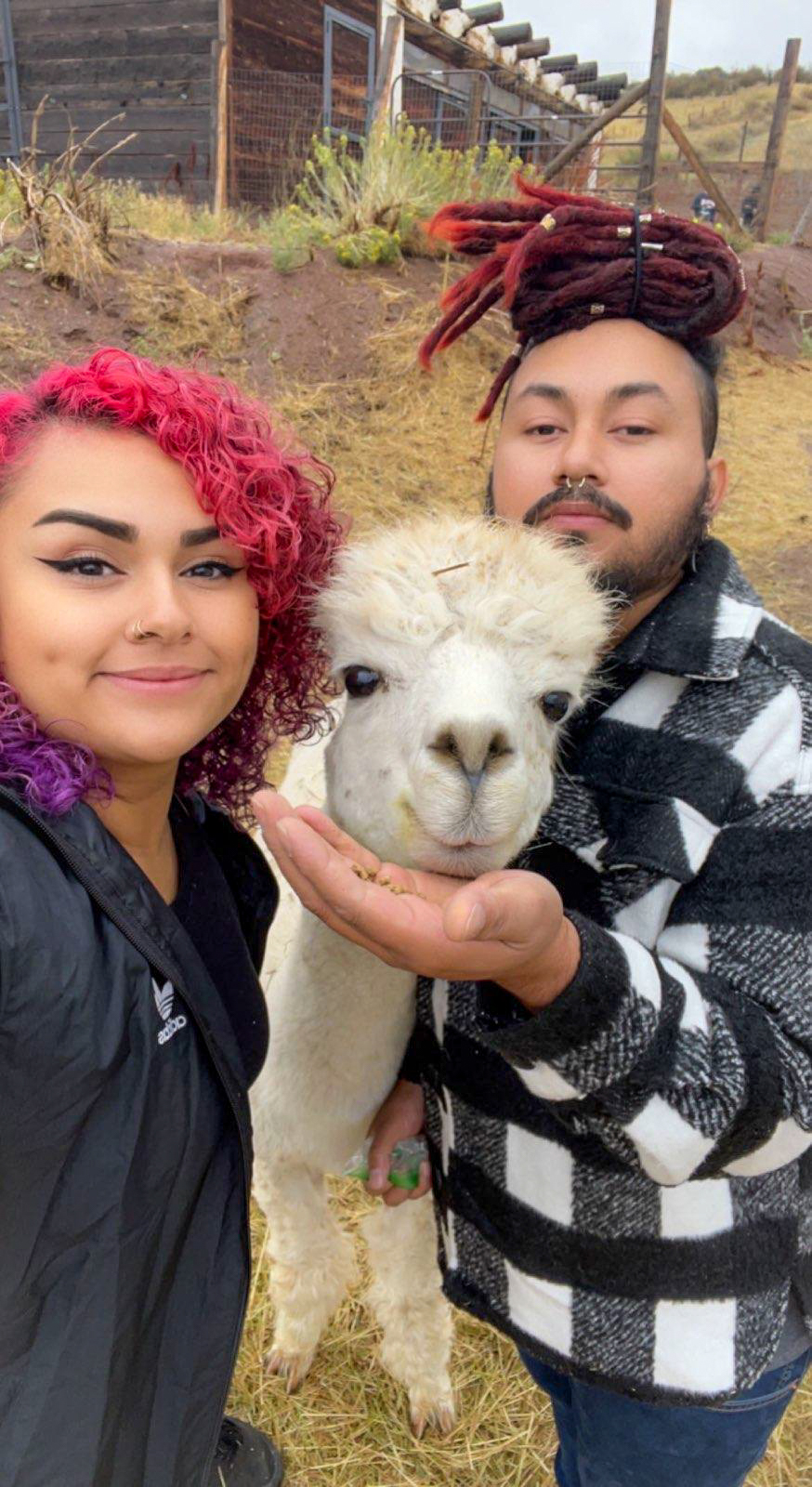Denver, Colorado alpaca adventures today

Denver, Colorado alpaca adventures package 2023: All members of your group will have the opportunity to participate in a fully interactive experience. It typically lasts around 1 hour and 30 minutes. Its environment is ideal for nature lovers : Most people who live in Colorado love the outdoors because the state offers a little bit of everything. Even if you’re just visiting for the weekend, you can embrace all that nature has to offer. An alpaca ranch offers stunning scenery and a relaxing atmosphere where you can take in the fresh air. When you go behind the scenes on the ranch, you learn about much more than just the animals. You have the opportunity to talk about the economy, trade, production, local handmade goods, and so much more. Discover additional information on where to see alpacas in Denver, Colorado.
As herbivores, alpacas only eat vegetation. They eat mostly grass, but their diets can also include leaves wood, bark or stems. Like other ruminants, alpacas have a three-chambered stomach that digests the roughage efficiently. Unlike other grazers, alpacas don’t eat much. According to the Alpaca Owners Association, a 125-lb. (57 kg) animal only eats around 2 lbs. (907 grams) per day. In general, alpacas eat 1.5 percent of their body weight each day.
Is it OK to have just one alpaca? No. Alpacas have very strong herd instincts and need the companionship of other alpacas to thrive, preferably three or more. Alpacas are livestock, and should not be treated as house pets. Alpacas should be kept with their own sex with a few exceptions. One exception is that male crias need to be kept with their mothers until weaning. Gelded males should not be housed together with females, as they can repeatedly attempt to breed the females. This can lead to serious health consequences for the females.
Alpacas hum; they make a sound like “mmm,” according to Alpaca Ventures. However, they also shriek when danger is present, and make a sound similar to a “wark” noise when excited. Fighting males scream, making a warbling bird-like cry. Alpacas in a herd all use the same area as a bathroom instead of defecating in random areas like many animals do. This behavior helps control parasites, according to the FAO. Males often have cleaner dung piles than females, according to Alpaca Ventures. Females tend to stand in a line and all go at once.
Are alpacas an “exotic species,” or are they considered simply “livestock?” Alpacas have been raised as domestic livestock for thousands of years. Since the end-product of alpacas is their fleece, like sheep, they are classified as livestock by both the United States and Canadian federal governments. Do alpacas spit? All members of the camel family use spitting as a means of negative communication. They do get possessive around food, and may express annoyance by spitting at other alpacas that they perceive are encroaching on “their” food. Also, they often spit at one another during squabbles within the herd (usually involving two or more males). From time to time alpacas do spit at people on purpose, but it is more common that humans get caught in the crossfire between alpacas, so it’s best to study their behavior and learn to avoid the most vulnerable situations.
Get ready for an Alpaca Adventure ! A Wildly Immersive and Hilarious Alpaca Adventure Perfect For All Ages : Embark upon an unforgettable magical experience with affectionate Alpacas, and explore the scenic mountain views of Red Rocks Park. We offer truly unique experiences that gets you up-close with these majestic friends. You’ll be entertained and educated on their habits, diets, and life on the ranch as you discover what makes these creatures so special. See additional details on meetalpacas.com.
Alpacas have two sets of teeth for processing food. They have molars in the back of the jaw for chewing cud. In the front, alpacas have teeth on the bottom only and a hard gum (known as a dental pad) on the top for crushing grain, grass, or hay. Unlike goats and sheep that have long tongues which can rip plants out of the ground, alpacas have short tongues and nibble only the tops of grasses and other plants. This results in less disturbance of the vegetation. Alpacas will often eat shrubs or the leaves from trees if given the opportunity. This requires monitoring to ensure they do not consume harmful products.